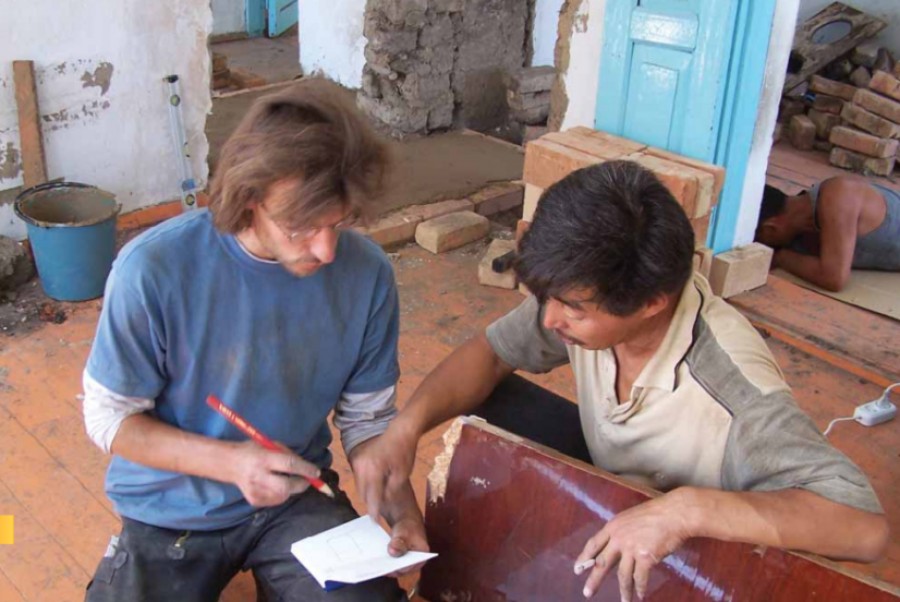-
Implementation Period: 2014 - 2015
-
Donor organization: DCA Central Asia
-
Geographical location: Naryn oblast, Ak-Talin district
Partners:
DCA Central Asia
Agency of Support for Development Processes Nau (ASDP Nau)
Public Rural Development Fund, Public Fund Mehr Shavkat
Public Foundation Bio Service
PF Jalal-Abad Regional Rural Advisory Service (RRAS JA)
Project Background
There are several prerequisites for this project, including malnutrition and ineffi cient cooking methods. The project focuses on working with vulnerable populations. To improve their well-being, plans are being developed to train target groups in income generating activities and increase awareness on proper nutrition and climate change adaptation methods.
Project Objectives & Goals
Households consume large amounts of energy - this is the main factor of deforestation and unsustainable use of natural resources in Central Asia.
PF CAMP Alatoo intends to showcase the path for solid fuel conservation and disseminate energy effi cient technologies, such as solar kitchens and energy effi cient stoves (ochok). In addition, a manual on proper nutrition was developed as part of the project.
Tools:
- Workshop on construction of EE stoves. The workshop aims to train craftsmen with the basic skills to build energy effi cient stoves. The workshop is eight days in duration; the program mainly focuses on the practical construction of building an energy saving stove. At the beginning of the training, participants build a stove jointly with a coach; later they divide into teams and work on their own.
- Increasing awareness (L4S) Learning for Sustainability L4S) is a training tool developed for rural communities that involves local experts. The training module L4S on climate change adaptation includes a simulation game as an introductory tool in the learning process. In the course of the workshop, participants learn about the causes and consequences of climate change. Furthermore, they work jointly with the trainer to develop activities on climate change adaptation for every village. Participants propose their ideas and projects are initiated incorporating the learned knowledge. In the future, small projects may receive funding from other sources.
- Workshop on proper nutrition. This workshop answers the following questions: how to eat a balanced diet, and what appliances can be used for cooking. A combination of various recipes is provided for cooking dishes using the solar kitchen and energy effi cient stoves. Additionally, during the course the trainer provides information on proper nutrition and how to spend a minimal amount of fuelwood.
Project Result
-
Adapted methods of energy effi ciency technologies and cooking using a solar kitchen
-
Workshops on solar kitchen
-
Workshops on energy effi cient stoves
-
Developed guidelines for construction of solar stove
-
Developed a manual on proper nutrition in rural areas
